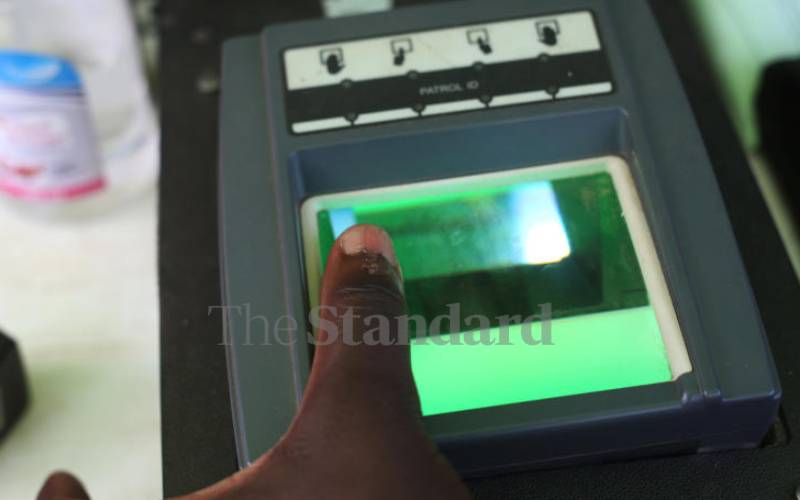×
The Standard e-Paper
Stay Informed, Even Offline

The accuracy of the voter register is a key element in ensuring eligible voters enjoy the right to elect their leaders. [Elvis Ogina, Standard]
It is refreshing to hear that the Independent Electoral and Boundaries Commission (IEBC) has contracted a reputable audit firm, KPMG, to clean up the voter register ahead of the August 9 General Election.